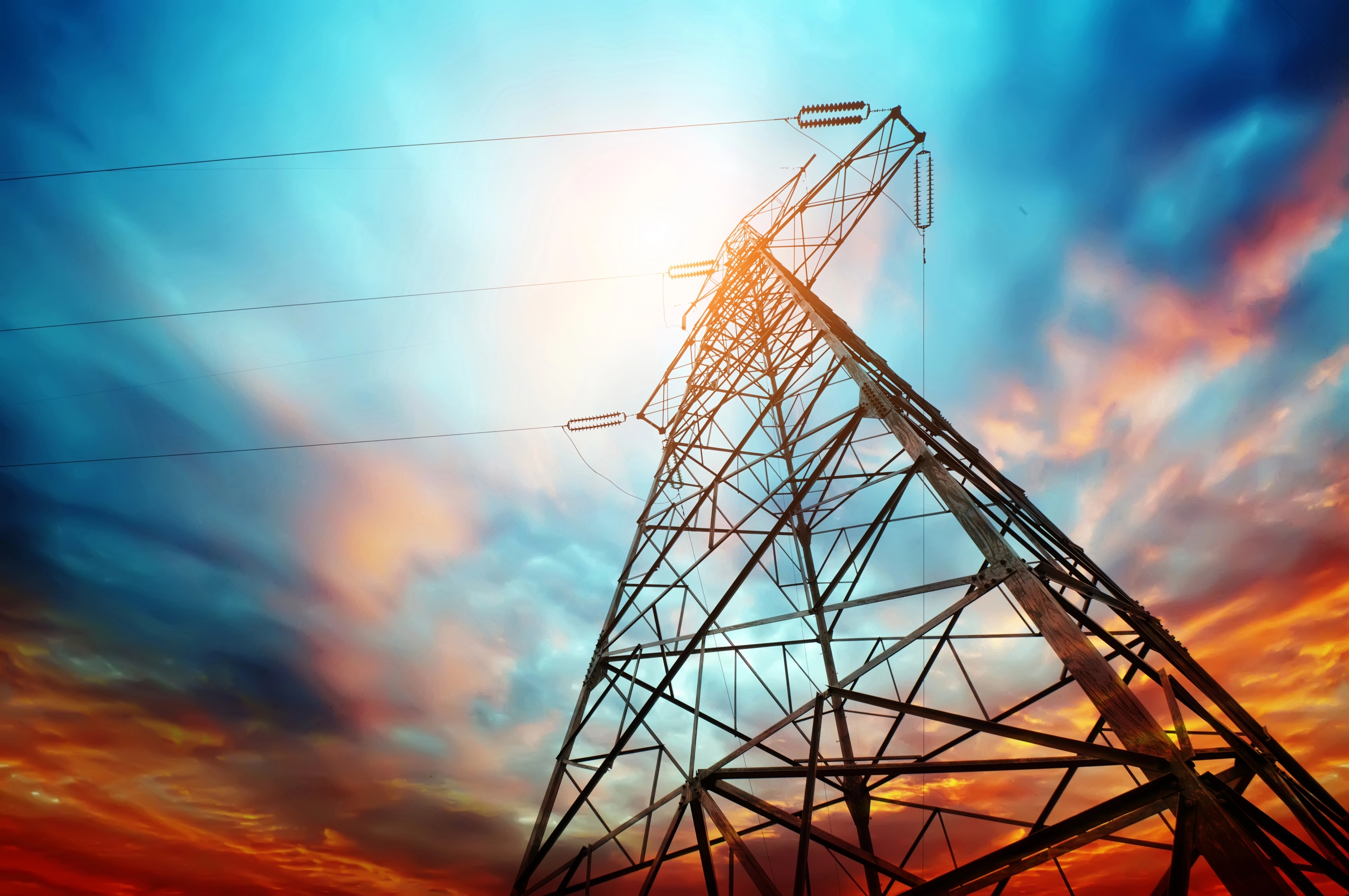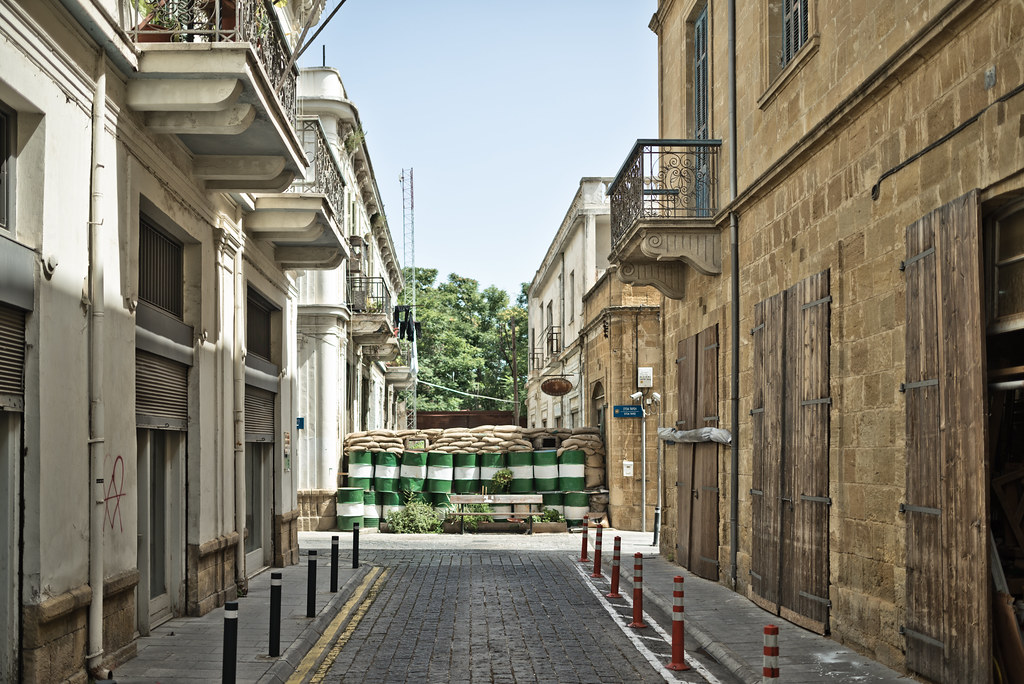Taking flak for the recent rolling power cuts, the government on Monday promised an energy storage system would be in place by next summer, while unions affiliated to the Electricity Authority of Cyprus said that “sheer luck” prevented an overall blackout amid the persistent heatwave.
Government spokesman Konstantinos Letymbiotis was responding to broadsides fired by Disy MP Kyriacos Hadjiyiannis, who accused the state of kowtowing to the EAC trade unions by restricting the spread of solar-powered systems.
Letymbiotis spoke of plans to have in place an energy storage system hooked up to the grid by June 2026, plus the installation of storage at two power stations operated by the EAC.
While conceding that problems do exist regarding adequate power supply, he said the current government had “inherited” issues that were decades-long.
“It’s what this government has set as a goal, to be able to deal with the issue as soon as possible, to put an end to this energy inertia,” he stated.
At the same time, the government has green-lit upgrades to the Dhekelia power station – replacing the old turbines with new ones.
The second stage of the plan involves rolling out schemes for increasing the penetration of renewables with households and businesses, “giving consumers access to cheaper electricity while also decongesting the electrical grid”.
Letymbiotis said the island faces the issue of being energy-isolated.
“The current administration has set very visible, specific goals, and efforts are being made daily so that we can cover a distance spanning decades.
“You realise this cannot be done from one day to the next.”
Regarding the rolling power cuts last week across parts of Cyprus, the spokesman said they were necessary to prevent an overall shutdown to the system.
The intense heatwave, and the consequent high demand for electricity to power air-conditioning units during extended hours, was taking its toll on the power turbines, he noted.
Earlier in the day Disy’s Hadjyiannis hauled the government over the coals – especially for dragging its feet over the installation of more storage systems.
He accused the government of indulging the EAC trade unions. The MP claimed that the approval of storage permit applications by the private sector was being throttled.
“Does it make sense, to have to wait on the government for when the trade unions or the state monopoly of the EAC, will allow it to take decisions?” he asked.
“It’s unacceptable that, on the one hand, we experience power interruptions to renewables-powered units, and on the other hand we have a shortage of electricity and power cuts to consumers.”
The MP asserted that “serious states” do not behave in this way.
“The country needs solutions here and now. Unfortunately, this government is a spectator and waits on the approval of the EAC trade unionists.”
Also speaking on Monday, an official with the Transmission System Operator said abating temperatures should return electricity demand to “normal levels” for this time of year.
But he could not rule out power cuts once people return from their holidays and should temperatures spike again.
Meanwhile, unions affiliated to the EAC blamed the state in general.
Demetris Constantinou, head of the Sidikek union, described two main problems. First, a turbine installed at the Vasiliko power plant runs only on natural gas, but is “just sitting there” until natural gas becomes available for electricity generation.
The second issue is the delay in replacing the outdated and inefficient turbines at the Dhekelia station.
Constantinou recalled that, previously, a decision had been made to operate only the Vasiliko power station.
This turned out to be “the wrong decision from a technical standpoint” and the policy was scrapped.
However, since 2022 when policy makers decided that Dhekelia should continue to be used, no action has been taken to upgrade the facility.
“And so we continue hanging by a thread as far as power adequacy goes,” the trade union boss said.
He went on to predict that in September, when factories start working again, this will drive up electricity demand and potentially lead to more power cuts.
“We got lucky that more serious things have not happened,” he remarked.
Marios Pappoutis, head of the Sepaik union, warned ominously that the energy system in its entirety risks collapse.
He said conventional power turbines are being pushed to their “limit”, while no back-up system exists.
On the evening of last Tuesday, according to Pappoutis, the situation worsened as solar units do not work at night, and there was no energy being produced from wind farms.
Lack of energy affected some 5,000 premises. To avert a general blackout, authorities had to implement rolling power cuts.
Daily Kathimerini meanwhile reported on the discrepancy between the nominal installed power and the actual power available.
The paper said that, last Wednesday for example, the EAC system was reporting 1,021 megawatts of output, whereas the nominal installed capacity comes to 1,478 megawatts.
This difference – 457 megawatts – would be sufficient to prevent power cuts, including if one turbine were to go offline.
The chief reason for the actual power generated being lower than the nominal power (manufacturer’s specifications) is that many turbines are old and under-performing.






Click here to change your cookie preferences